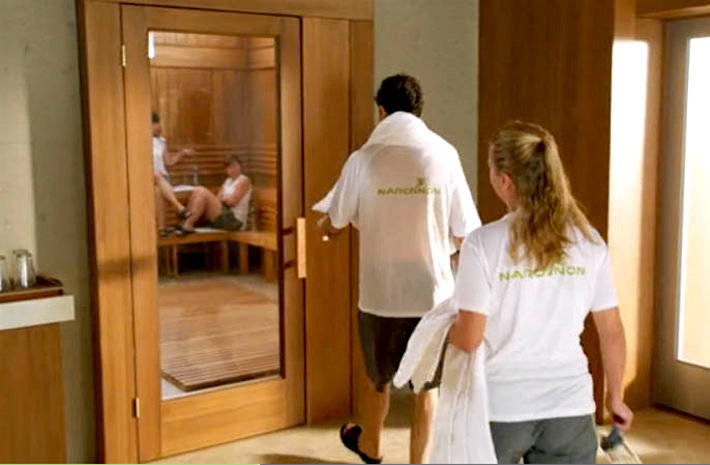How to Help with Opiate Addiction
If you are reading this article, you most likely are close to someone who is abusing opiates or opioids. Perhaps you are an opiate user yourself. When you want to help with opiate addiction, it’s important to understand what recovery from opiate addiction is like.

Most centers and people who are involved in recovery from opiate addiction talk about the high levels of relapse after a person gets clean. At Narconon centers around the world, however, it is known that a person can recover from this addiction. Five decades of providing rehab for all types of addiction show that problems with opioids can be overcome.
The First Barrier that Must be Faced is Withdrawal.
Anyone who has been through an unassisted opiate withdrawal knows how dreadful they are. Symptoms and severity vary, but most people experience bone-deep aches, muscle spasms, incessant restlessness and a deep, overall sickness. Vomiting and diarrhea, sometimes simultaneous, are common. And the depression that accompanies these symptoms is no help.
Most people also have trouble sleeping, often for several days straight. It is encouraging to know that a well-supported withdrawal that minimizes these symptoms is available on the Narconon program.
No One Wants to be an Addict
When people start experimenting with opiates, they never intend to become addicted. For some people, it happens fast while others may go on for a long time, using an opiate from time to time without falling into the need for constant use. Whichever way it goes, when the cravings begin to drive constant use, a person needs a way to come back to sobriety.
Opiate addiction routinely drives a person to the margins of society. Crimes may be committed to keep the drugs coming or a person may begin to deal drugs so they can get their share. Families, children, work, plans, goals—all take a back seat to the need to get drugs.
What may be worst is that the individual’s own personality is gone. Their humor, their creativity, their dreams are all destroyed by opiates. But no one intended it to go this way, back when they tried this drug for the first time.
Even when they are addicted and say how they can’t possibly get off the drugs, you don’t have to believe them. They just need help. They want help although it may be far beyond their ability to ask for it.
Substitute Drugs Just Prolong the Suffering
There are thousands of rehab programs that offer substitute opiates like methadone, Suboxone or Subutex as part of their treatment. There are stacks of literature that claim that these drugs are harmless and offer a good method of recovery from the illicit habit. But you would have to ask those who went through this kind of treatment if they felt they had recovered from addiction. After all, these substitute drugs are also drugs of abuse.

Many people who have been through these types of treatment still abuse opiates like heroin, oxycodone or hydrocodone at the same time or they may use other drugs. One person taking methadone as a substitute for heroin said that his health and ability to live the life he wanted deteriorated while he was on the drug, but the deadness he felt as a result of the drug kept him from realizing it.
The best life is a sober one, where a person can feel both the joy and sadness that come along when you are truly alive and undrugged.
To help with opiate addiction, find the closest Narconon drug recovery program and help your friend or loved one arrive at those front doors. This is a rehab program that offers a drug-free method of recovery. Even the withdrawal process is innovative—plenty of support in the form of nutritional supplementation and one-on-work with the trained staff mean that this withdrawal is likely to be the most tolerable one ever experienced. And there will be no substitute drugs used at all. In the case where a medical wean down is required, due to heavy alcohol or synthetic opioid use, the individual would complete a medical detox prior to starting the Narconon drug-free withdrawal.
Of course, a drug-free withdrawal is just the beginning. Next, a person goes through a thorough detoxification which consists of an exact nutritional program, moderate exercise and time in a low-heat sauna, the result being the flushing out of old, lodged drug toxins.

A Life Must be Rebuilt
A person has to recover his (or her) own self-respect, integrity, and ability to make drug-free decisions. He must learn how to deal with those whose “friendship” would lead him back to drug abuse. These life skills and many others are taught in the Narconon program. By the time a person goes home after eight to twelve weeks (although some people need more time), he has confidence in his own personal morals and values, his problem-solving ability and his emotional self-control. He has also overcome the cravings that drive drug abuse so that every day is not a struggle for sobriety.
This is why so many parents say that they have their loved one back in their lives again.
Learn how the Narconon program can provide the help for opiate addiction you are looking for.
 ®
®